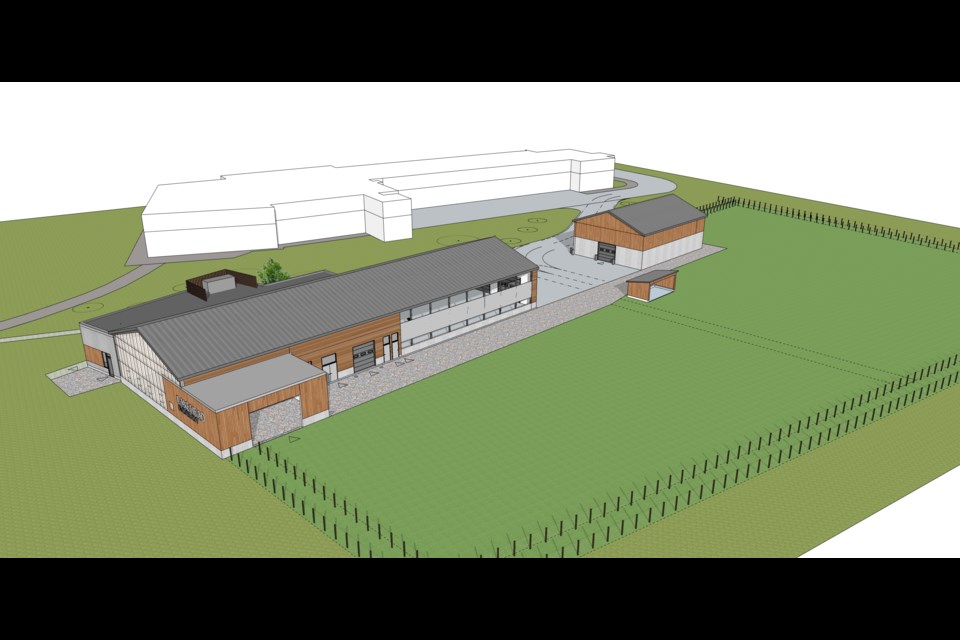THUNDER BAY — Recruitment is underway for the first cohort of students for Lakehead University's new veterinarian training program in collaboration with the University of Guelph.
The inaugural cohort of twenty students from northern Ontario will complete their studies in Guelph, starting next year — but by 2027, students will be taking the first two years of the four-year program in Thunder Bay.
Lakehead announced Tuesday it will soon initiate a request for proposals to construct a new training facility on its campus in the city, and that it expects sod to be turned this summer.
The program is aimed at addressing a dire shortage of veterinarians in Thunder Bay and elsewhere in northern Ontario.
"If you could materialize five full-time vets right now in Thunder Bay, they would be fully booked tomorrow," said Dr. Domenic Sanzo, a veterinarian and partner at the Thunder Bay Veterinary Hospital. "Some people might say you'd want all those vets at your clinic so that you get the business. But I don't even care about that right now – I just need help."
In Thunder Bay, the shortage of veterinarians has made it difficult for people to access medical care for their pets, but the new program will also support the need for vet services in the growing agri-food sector.
"People who live in northern Ontario deserve equal access to services found in the rest of the province, and that includes medical care for our pets and farm animals," said Gillian Siddall, president and chancellor at Lakehead. "As an avid animal lover and champion for local economic growth, I am proud to enter this first-of-its kind partnership with the University of Guelph to educate northern students who plan to build their practice in underserved communities.
"Help is on the way."
Although there's no requirement for graduates to start their practice in the north, Siddall noted students must be residents of northern Ontario to gain admission to the program, and that "they're already going to feel at home here."
She added "We're quite confident that we'll have a lot more new vets in northern Ontario as a result of this."
Once the facility is built, visitors can expect to see cows, horses, sheep, dogs and other live animals on the LU campus.
Students will participate in experiential learning opportunities and work with local vets in addition to completing core courses geared toward northern practice, and graduates will be awarded a Doctor of Veterinary Medicine degree from the University of Guelph.
Lakehead said the program will also incorporate Indigenous perspectives and approaches to animal care that honour Indigenous culture and the connection to the land.
The province is supporting the program with an investment of almost $15 million, including $4.5 million for the construction costs at Lakehead, in addition to offering grants for graduated veterinarians through its veterinary incentive program.
The City of Thunder Bay's Community Economic Development Commission is also contributing $500,000, and Lakehead said it is doing additional fundraising for the project.
Applicants from the Thunder Bay, Rainy River and Kenora districts are eligible for the program, as are prospective students from the districts of Algoma, Cochrane, Sudbury, Manitoulin, Timiskaming, Nipissing and Parry Sound.
The first cohort was initially expected to begin studies last year, but in 2023 officials announced a one-year delay.
